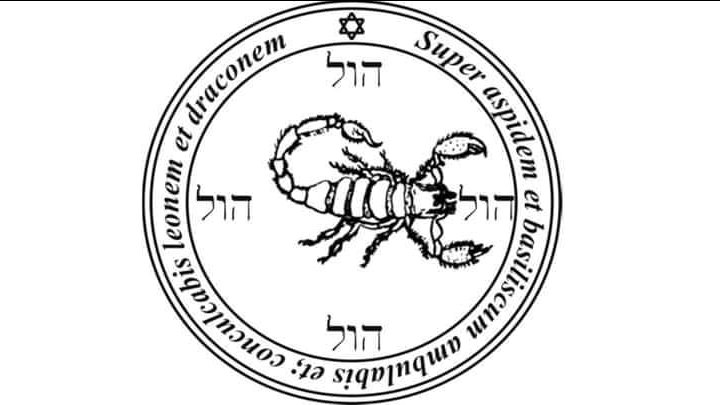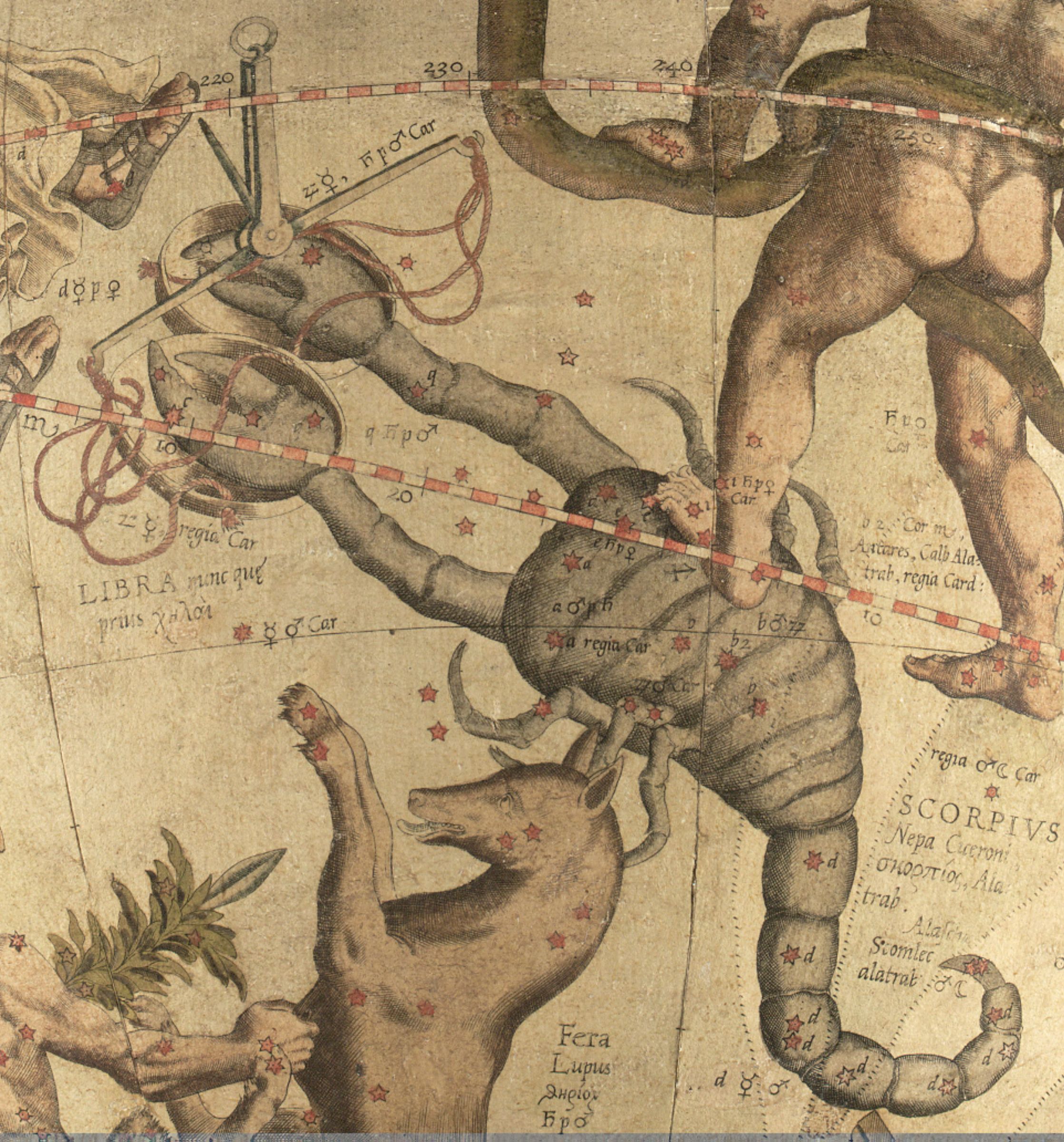Psalm 91 is the psalm of absolute trust, of the protective power of the Name, used since antiquity as a verbal amulet against visible and invisible evil.
It appears in the final section of the fourth Book of the Psalter (Psalms 90–106), traditionally tied to Moses. It mirrors Psalm 90, which laments human frailty before Divine eternity. Psalm 91 responds with the opposite image: the man who dwells in the sêter Elyon (סֵתֶר עֶלְיוֹן), the “secret place of the Most High”, becomes untouchable. It was recited at the evening rite in the Temple, when light gave way to the powers of the night, an hour feared for its demons, diseases and wandering spirits.
The text contains three voices: the believer who proclaims his faith (“I will say of the Lord, He is my refuge”); the prophet or angel, who confirms the promise (“He shall deliver thee from the snare of the fowler”); and finally God Himself, who speaks at the end (“Because he hath set his love upon Me, therefore will I deliver him”). This human, angelic and Divine triad forms a circuit of power, a chain of speech in which the Word hears itself.
Psalm 91 also belongs to the tehilot segulot (תְּהִילוֹת סְגוּלוֹת), prayers of operative efficacy. When we recite it, we are declaring protection as being already a fact. This is the theurgic principle: the human word, pronounced in faith, reactivates the original Word, the Logos. This is why we find it in the tefillin, in protective scrolls, and in Jewish and Christian exorcistic rites.
Several symbols stand out. Tzel Shaddai (צל שדי), “the shadow of the Almighty,” evokes the protective cloud over the Tabernacle. The “pestilence,” “arrow,” and “thousand that fall at thy side” represent chaotic forces, such as dever, keteb, reshef, ancient demonic personifications of disease and disaster. “He shall give His angels charge over thee” (v.11) echoes in the Gospels, when the devil tempts Christ in the desert, directly citing this psalm.
Psalm 91 also describes the initiatory journey of one who crosses the realm of shadow and stands within Presence. Whenever we “dwell in the secret place”, we are uniting oneself with the hidden Name; the “pestilence” is the dissolving power of the lower world. The final image of “the lion and the serpent” (“thou shalt tread upon the lion and adder”) signifies the victory of Spirit over instinct, the reconciliation of Sun and Dragon under the light of the Name.

Psalm 91, being the psalm of twilight – the passage between light and shadow -, vibrates on the same symbolic axis as the sign of Scorpio. It was recited in the Temple of Jerusalem precisely at dusk, when the Sun was sinking into the penumbra and the nocturnal forces began to stir. It is the hymn of magical trust and also the chant of inner turmoil and combat: the supplicant declares that he dwells in the secret place of the Most High whilst plagues and demons roam through the night. It is a formula uttered on the threshold between the visible and the invisible, the quintessential Scorpionic moment.
The word scorpion comes from the Latin scorpio, -onis, deriving from the ancient Greek skorpíos (σκορπίος), meaning literally “scorpion”, the animal itself. But the etymological trail reveals far more than that. Its Indo-European root is sker- or skerp-, meaning “to cut, to pierce, to sting”. It is the same root found in words like sharp in English and schere in German (“scissors”). The name of the scorpion designates “the one who wounds”, “the one who cuts with venom”.
This etymology carries the archetype of the sting that tears the surface of being to expose what lies beneath. In the astrological glyph, the tail shaped like an arrow or stinger represents that same penetrating force, an energy that refuses to remain on the surface, trying to reach the core.
Scorpio is the sign that follows Libra, the point where the Sun, having met the Other at the seventh house, the Descendant, plunges below the horizon. It rules the eighth house, the inactive, associated with the underworld, symbolic death, and the subterranean powers. When the Sun enters Scorpio, like now, it illuminates the poison: the attachment to ego, to forms, to identification with the transient. It is the light descending into the depths to reveal what ferments in darkness. Being spoken at sunset, Psalm 91 fulfils the same function: to cast Light within the shadow.
If we recite it, we are speaking inwardly, addressing the region where forces dwell that have not yet breathed, that must be named to emerge. It is an act of exorcism and alchemy. The shadow evoked by the psalm is mostly internal: the unconscious of Scorpio seeking to become conscious, stinging, wounding, pressing, until the wound finally opens. From that wound flows the pus, the poisonous sap of the ego, attachment, and the pain is real. It is precisely this pus that, once exposed to the light of the Word, becomes the antidote. The unconscious made conscious.
The eighth house, like Scorpio, receives no direct light from the Ascendant, the body, the flesh, the point of incarnation. It is the realm of shadow, of what must die within ourselves to be purified. Psalm 91 operates in that very domain: a hymn of battle against our own darkness, a rite that turns venom into cure.
Hence in magical sigils the scorpion often appears beside Psalm 91. It represents the guardian of the venom, the force that pierces and refines so that the Spirit may find passage. Scorpio is Mars in water form, the alchemical iron that must be transformed into gold, the metal of combat becoming luminous substance. When we utter the psalm, we perform this inner work: to traverse the toxin, facing pestilences and demons within, naming them one by one until they lose their hold.
When the poison becomes consciousness, the scorpion transforms into an eagle, image of the Johannine ascent of the soul, no longer crawling but contemplating. It is the same solar motion: the Sun descending into darkness to rise again redeemed.
Κύριε ελέησον
